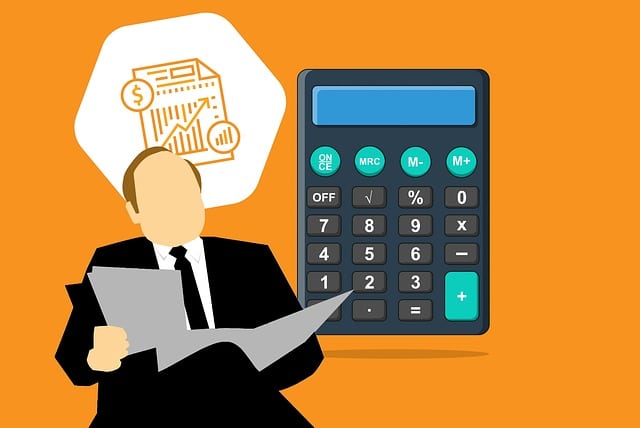
Wearing a seat belt in a car reflects prudence.
Originating from the Latin prudentia , prudence is a term used as a synonym for good sense, moderation, temperance, caution or moderation . It is the virtue that leads someone to behave in a fair and appropriate manner .
To give examples of use: «With caution, the doctors informed the injured person of the tragic consequences of the crash» , «The singer did not act prudently and aroused the anger of the management of the record company» , «Thousands of people die every year for not driving carefully .
Values associated with prudence
The concept of prudence is linked to multiple values . Expressing yourself with clear and appropriate language is part of prudence, especially when communicating important facts or bad news. On the other hand, prudence implies respect for the feelings and lives of others.
An individual engaging in reckless behavior is likely to not only put his or her own existence at risk, but also pose a danger to the lives of others. This happens with those who drive recklessly, have dangerous animals in their home or celebrate by shooting in the air, among many other actions and behaviors that oppose prudence.
The importance of being cautious
To be prudent, to put it another way, is to be cautious. A man who wins a prize and spends all the money on parties is not known for his prudence: if an unforeseen financial event occurs in the future, he will have no way of solving it.
It is interesting to mention that the Egyptian people used to represent prudence through a snake with three heads (one with the appearance of a lion, another of a wolf, and the remaining one of a dog) . The thing is that, for them, an individual is prudent when he has the cunning of vipers, the vigor of lions, the agility of wolves and the patience of dogs.

Prudence in economic administration is essential.
Prudence in economic terms
In economic sciences there is a law called the "Principle of Prudence", which regulates the way in which a company's profits and expenses should be accounted for. In addition, it facilitates the creation of reserve funds to avoid catastrophes and be able to anticipate unstable economic situations.
This principle is made up of the following series of rules:
* Income can only be recorded after it has been earned, regardless of when the payment was made;
* Losses and possible risks that are foreseen must be recorded under the name "Reserves and provisions";
* All expenses must be recorded at the time they are incurred, regardless of their payment date;
* All assets that are depreciated must be recorded, regardless of whether the period has given a negative or positive result.
An example of this principle could be: we have a house that has been valued at 40 million dollars but, apparently, its price in the current market is much lower, about 30 million; We will have to account for all these numbers, including the difference between both values, even if the house has not yet been sold.
It is worth mentioning, in turn, that within this principle there are different meanings. One of them is what is known as the principle of managerial prudence , which is related to the management of an organization and the most complex business decisions , where the management body must contemplate and consider a significant number of variables and choose the most appropriate path. appropriate.
As we have seen, prudence is a concept that can touch all aspects of life , from our own safety and that of the people around us, to our relationships with others, and even the economy. That is why it is essential to keep it in mind as a means of achieving stability.
